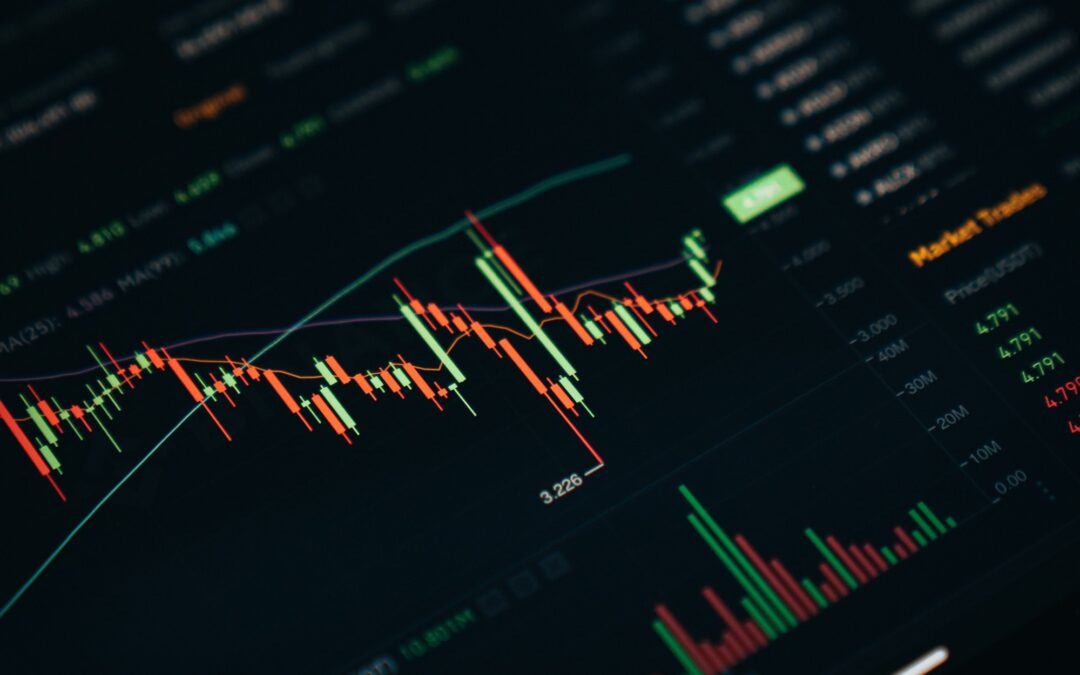The Intersection of AI and Trading
Artificial Intelligence (AI) has been making waves across industries, completely transforming traditional practices. In trading, AI, especially its subfield – Machine Learning (ML), is shaping the way decisions are made, offering a new level of precision and efficiency.
Machine Learning Unveiled
At its core, machine learning is a method of data analysis that automates analytical model building. It equips computers with the ability to learn from data, identify patterns, and make decisions with minimal human intervention. In the world of trading, ML has found a significant role in devising trading strategies.
Harnessing Machine Learning for Trading Predictions
The predictive prowess of machine learning serves as a cornerstone in the trading landscape. By being trained on vast historical data, machine learning algorithms develop the ability to predict future market movements based on identified patterns. These predictions empower traders with valuable insights, enabling them to make data-driven decisions and potentially boost their profits.
Reducing Trading Risks with ML
In addition to predictive analytics, quantum AI plays a key role in risk management in trading. By modelling various market scenarios and predicting potential outcomes, ML algorithms can provide traders with a risk assessment of their trading strategies. This enables traders to adjust their strategies, mitigating potential losses and enhancing the overall stability of their portfolio.
ML and Personalized Trading Strategies
Machine learning also contributes towards crafting personalized trading strategies. By analyzing an investor’s past trading behavior, risk appetite, and investment goals, ML algorithms can suggest customized trading strategies. This level of personalization can significantly enhance the effectiveness of trading decisions and potentially lead to higher returns.
Balancing Machine Intelligence and Human Expertise
While machine learning offers remarkable capabilities, it should not be considered a replacement for human expertise and intuition. The most effective trading decisions come from a blend of AI-powered predictions and human judgment. Traders should leverage the data-driven insights from ML while also applying their own expertise and understanding of the market.
In conclusion, machine learning is reshaping trading decisions by providing accurate predictions, personalized trading strategies, and risk assessments. As we continue to explore the potential of machine learning in trading, the key to success lies in effectively combining machine intelligence and human judgement.

